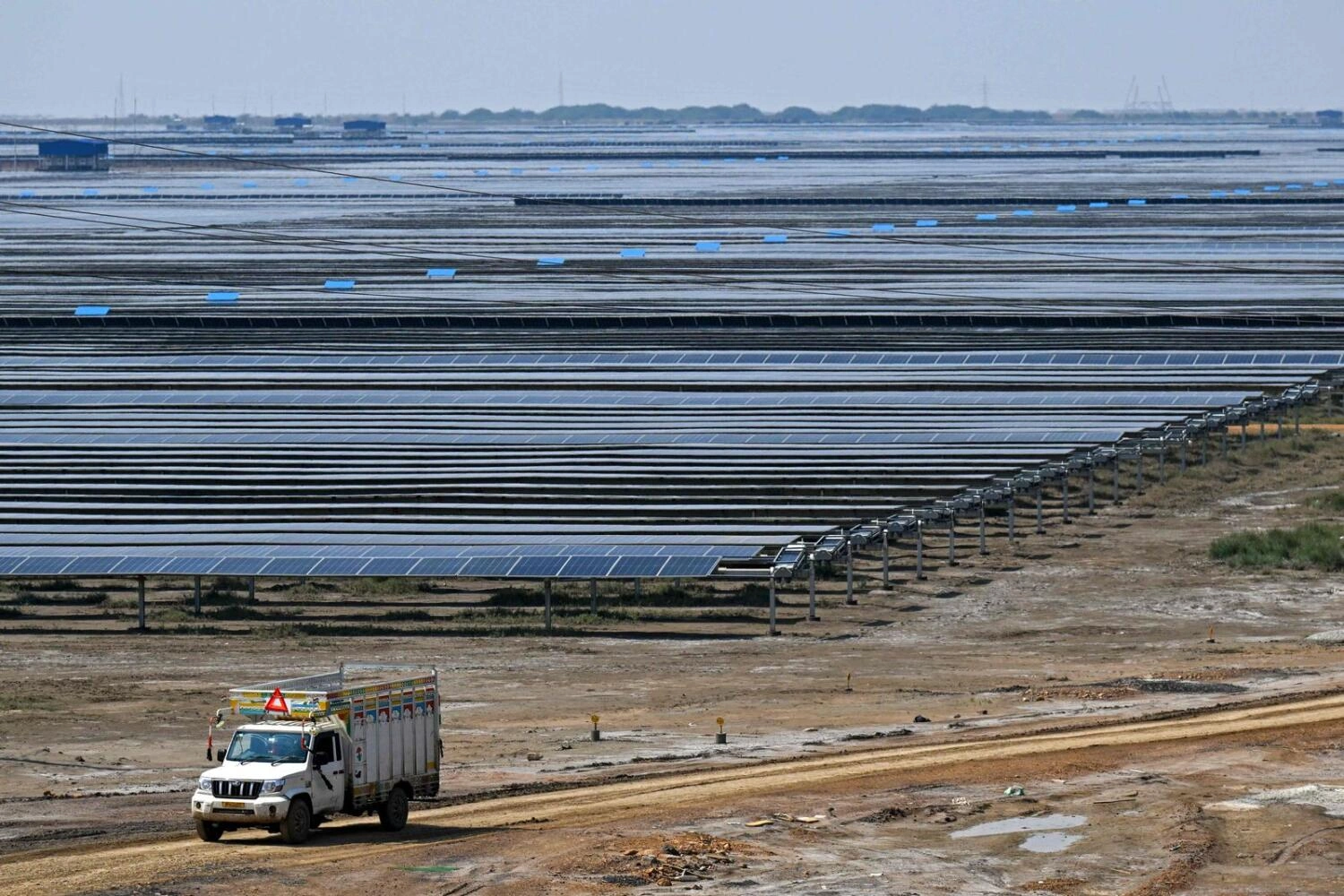The Solar Energy Corporation of India (SECI) approached the Andhra Pradesh government on September 15, 2021, with an unexpected proposal. SECI, responsible for developing India’s solar energy sector, asked if Andhra Pradesh would be interested in signing the country’s largest renewable energy deal.
Just two years earlier, the state’s energy forecast indicated no immediate need for solar power. Instead, it suggested focusing on renewable energy sources capable of providing power 24/7. However, within a day of SECI’s proposal, Andhra Pradesh’s 26-member cabinet, led by Chief Minister YS Jagan Mohan Reddy, gave its initial approval to the deal, as per cabinet records reviewed by Reuters.
At the time, SECI had only two suppliers, and the larger one, Adani Green, was owned by billionaire Gautam Adani. By November 11, the state government obtained approval from the energy regulator, and on December 1, an agreement worth potentially $490 million annually was signed. Documents revealed that 97% of the benefits would go to Adani Green, a unit of the Adani Group.
Experts noted the approval timeline of 57 days was unusually fast for such a large-scale project. The solar deal has since drawn attention from prosecutors, who indicted Adani and seven others in November on charges of bribery and securities fraud. Prosecutors allege $228 million was offered to an Andhra Pradesh official to influence the deal.
Despite these allegations, Adani Green has denied wrongdoing, calling the claims baseless. SECI stated that decisions about power purchases are left to states and their regulators. Former Chief Minister Jagan Mohan Reddy, whose office denied bribery allegations, justified the deal by citing its benefits to farmers. However, many experts believe the contract could burden taxpayers and strain state finances.
Fast-Tracked Approval
Former energy minister Balineni Srinivasa Reddy disclosed that he learned about the deal late on September 15, 2021, through a late-night call requiring his urgent approval. He signed the proposal without time to review the details. The next day, the cabinet approved the deal “in principle,” enabling the regulatory process to move quickly.
By October 21, the Andhra Pradesh Power Coordination Committee (APPCC) endorsed the deal. Seven days later, the cabinet officially committed to procuring 7,000 megawatts of solar power from SECI, overriding objections from the state’s finance and energy departments. These departments had warned that declining solar prices could make future contracts more cost-effective and questioned the 25-year agreement’s value.
The state agreed to pay 2.49 rupees per kilowatt-hour when the project becomes operational. However, Chief Minister N. Chandrababu Naidu’s government, which replaced Reddy’s administration, analyzed the deal and concluded the state might pay 23% more due to unaccounted taxes and duties.
Current Status
Andhra Pradesh is now seeking to pause the agreement following Adani’s indictment. A final decision is expected by the end of the year. If the deal proceeds, it could significantly impact the state’s budget, as annual payments to Adani may rival its social welfare spending.





